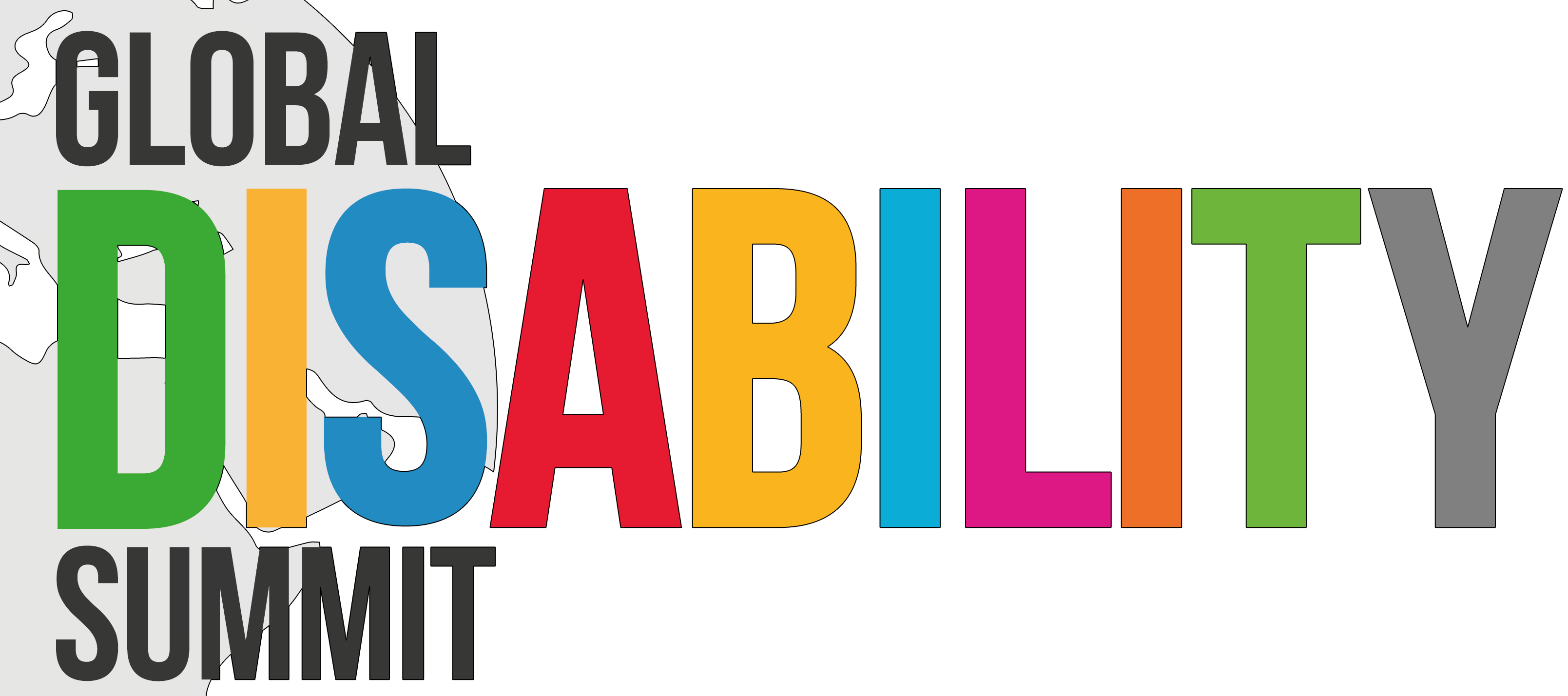
News
‘Women and Girls with Disabilities Must Have a Voice’
Play audio version
Global Disability Summit 2022 Speakers Commit to Inclusion, Access, and Participation
March 29, 2022
At the Global Disability Summit’s “Spotlight on Gender” session, Elizabeth Kanjiwa, a youth leader with visual impairments from Family Planning Association Malawi (FPAM) and International Planned Parenthood Federation (IPPF), explained why she is enthusiastic about her work as a peer educator: “My passion is to save many girls from unplanned pregnancy that can lead them to drop out of school and forced marriage and no control over their lives,” Kanjiwa said.
The second Global Disability Summit was held on February 16 and 17, 2022. Hosted by the International Disability Alliance (IDA) and the Norwegian and Ghanaian governments, the summit was held virtually to ensure inclusive participation due to the COVID-19 pandemic. The first Global Disability Summit (GDS18) was held in 2018 and was hosted by the Kenyan government, the former UK Department for International Development (DFID), and the International Disability Alliance (IDA).
In this year’s “Spotlight on Gender” session, Kanjiwa said that Malawian girls in Mtande Village, TA Chimutu in Lilongwe do not have knowledge about safe sex and do not know where to access contraceptive services. Girls with disabilities find it difficult to access sexual and reproductive health and rights (srhr) services due to long travel distances to health centers. Girls with disabilities, especially those who are Deaf or hard of hearing or blind or have low vision, also encounter difficulties communicating with health workers and accessing radio and television public service announcements on srhr. Additionally, Kanjiwa mentioned how some health workers are not hospitable.
“The first time I went to a clinic in 2012, I was sent back, just because I did not come with my guardian. I felt ignored, but now they are friendlier than before. Many of them have received training from FPAM on youth-friendly and disability-inclusive services,” Kanjiwa said.
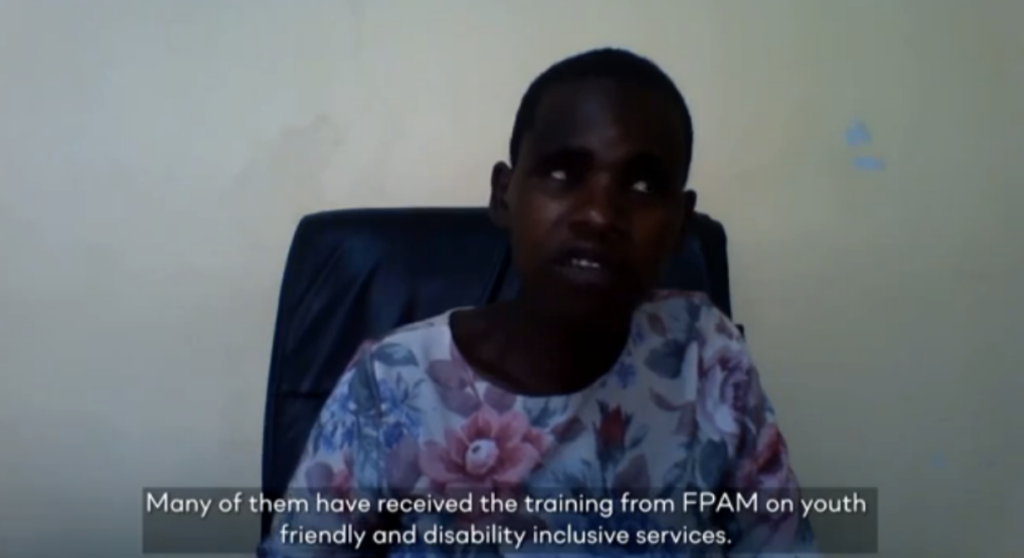
According to Dr. Bärbel Kofler, another “Spotlight on Gender” speaker and Parliamentary State Secretary to Germany’s Federal Ministry for Economic Cooperation and Development, women and girls with disabilities are often at a double disadvantage because they are female and have a disability. “In low-income countries, three-quarters of all the people with disabilities are female. In these countries, almost one in every four women, 22 percent, is living with one or more than one disability. The consequences are disastrous,” Kofler said.
Dr. Kofler stated that women and girls with disabilities are between three to ten times more likely to experience gender-based violence than those without disabilities. “Women and girls with disabilities must have a voice,” she said. “Only then will they be able to fully participate in social, economic, and political life.”
According to the United Nations Population Fund, girls and women with disabilities are not only more likely to experience gender-based violence but are less likely to access sexual and reproductive health and rights services and information like menstrual hygiene, family planning, and comprehensive sex education.
Dr. Natalia Kanem, a third speaker and executive director of the United Nations Population Fund (UNFPA), said, “UNFPA will work in partnership … to ensure women and girls with disabilities are fully seen and counted. Let us recognize their rights, respect their choices, acknowledge their beauty and brilliance and support their every hope and aspiration.”
Honorable Nyeleti Brooke Mondlane, Mozambique Minister of Gender, Children, and Social Action and a fourth speaker at the summit session, also reaffirmed Mozambique’s commitment to materializing goals, including the UN Sustainable Development Goals, which focus on leaving no one, including persons with disabilities, behind.
The next Global Disability Summit will occur in 2025. The German and Jordanian governments will be its hosts. In her speech, Kanjiwa recommended that the voices of people with disabilities be included in various high-profile meetings like the Global Disability Summit, where decisions are made. so that there is “nothing about us without us.”
Esther Suubi is a fellow with the Disability Justice Project and a peer educator with Triumph Mental Health Support. @2022 TRIUMPH Uganda. All rights reserved.
News From the Global Frontlines of Disability Justice
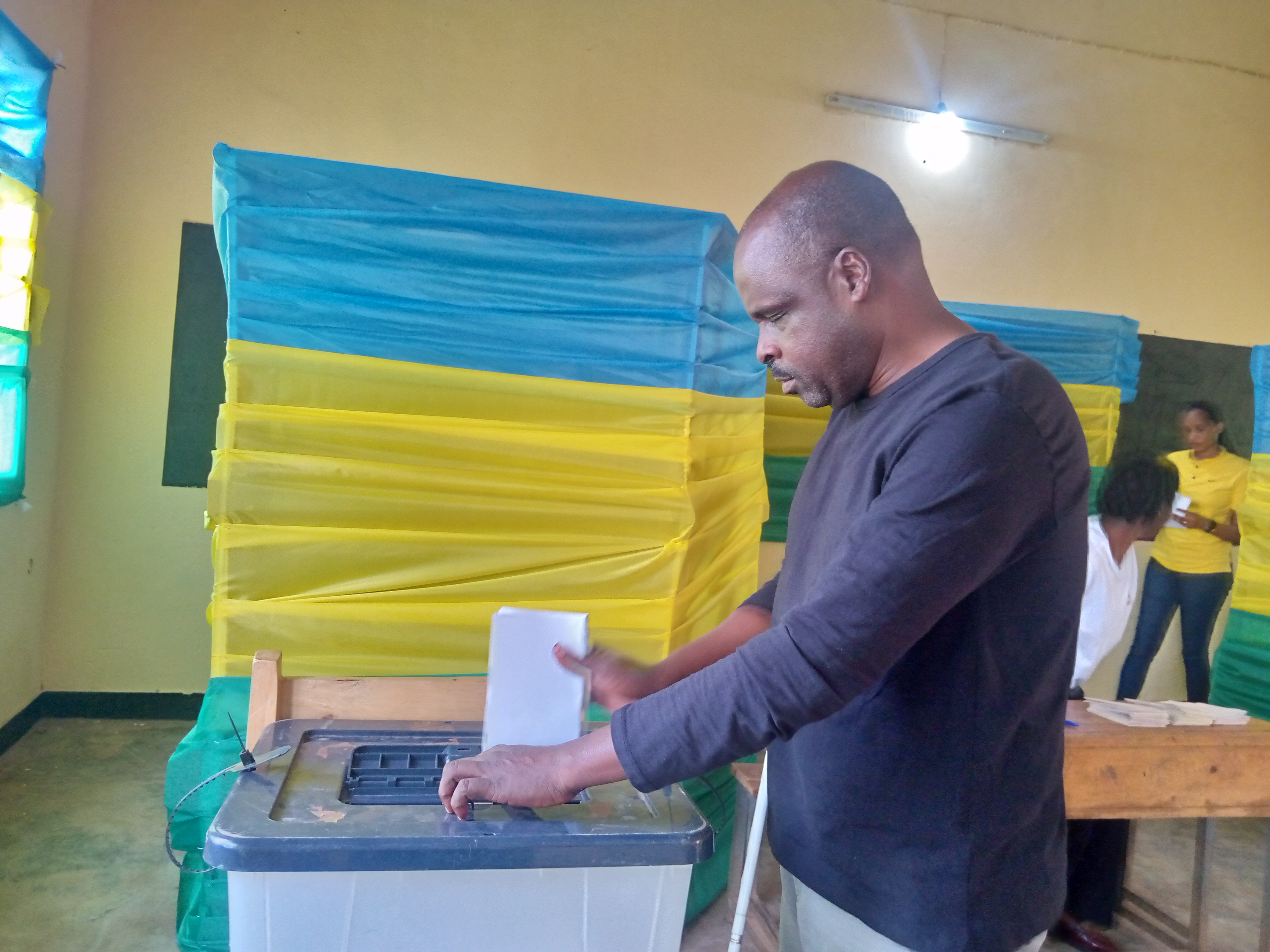
Advancing Democracy
Rwanda has made significant progress in making its elections more accessible, highlighted by the July 15 general elections where notable accommodations were provided. This was a major step forward in disabled Rwandans’ quest for equal rights and participation. “You cannot imagine how happy I am, for I have voted by myself and privately as others do accessibly,” says Jean Marie Vianney Mukeshimana, who used a Braille voting slate for the first time. “Voting is a deeply emotional and meaningful experience for a person with any disability in Rwanda, reflecting a blend of pride, empowerment, and hope.”
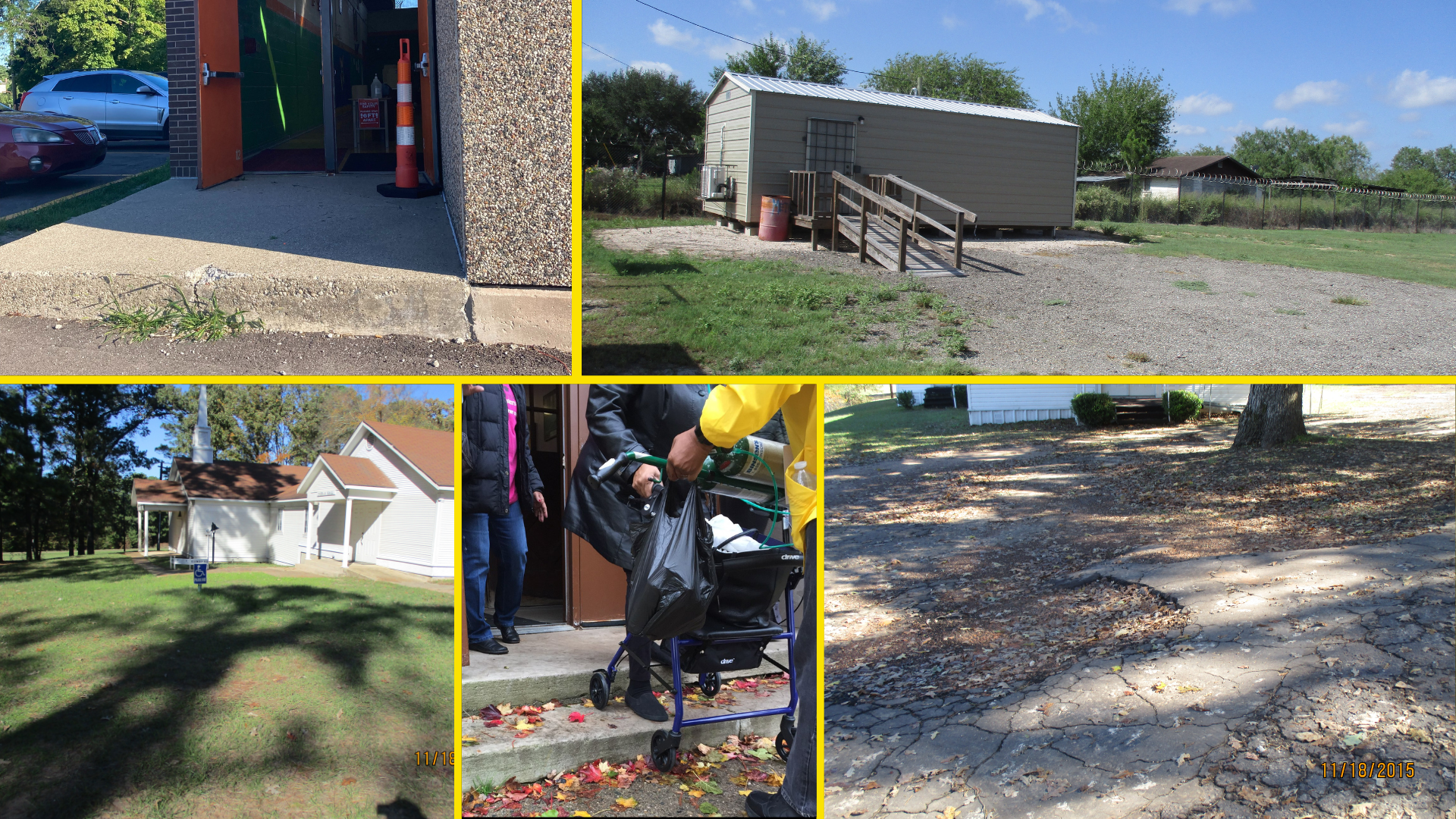
Barriers to the Ballot
Despite legislation like the Americans with Disabilities Act, barriers at the polls still hinder — and often prevent — people with disabilities from voting. New restrictive laws in some states, such as criminalizing assistance with voting, exacerbate these issues. Advocacy groups continue to fight for improved accessibility and increased voter turnout among disabled individuals, emphasizing the need for multiple voting options to accommodate diverse needs. ““Of course, we want to vote,” says Claire Stanley with the American Council of the Blind, “but if you can’t, you can’t.”
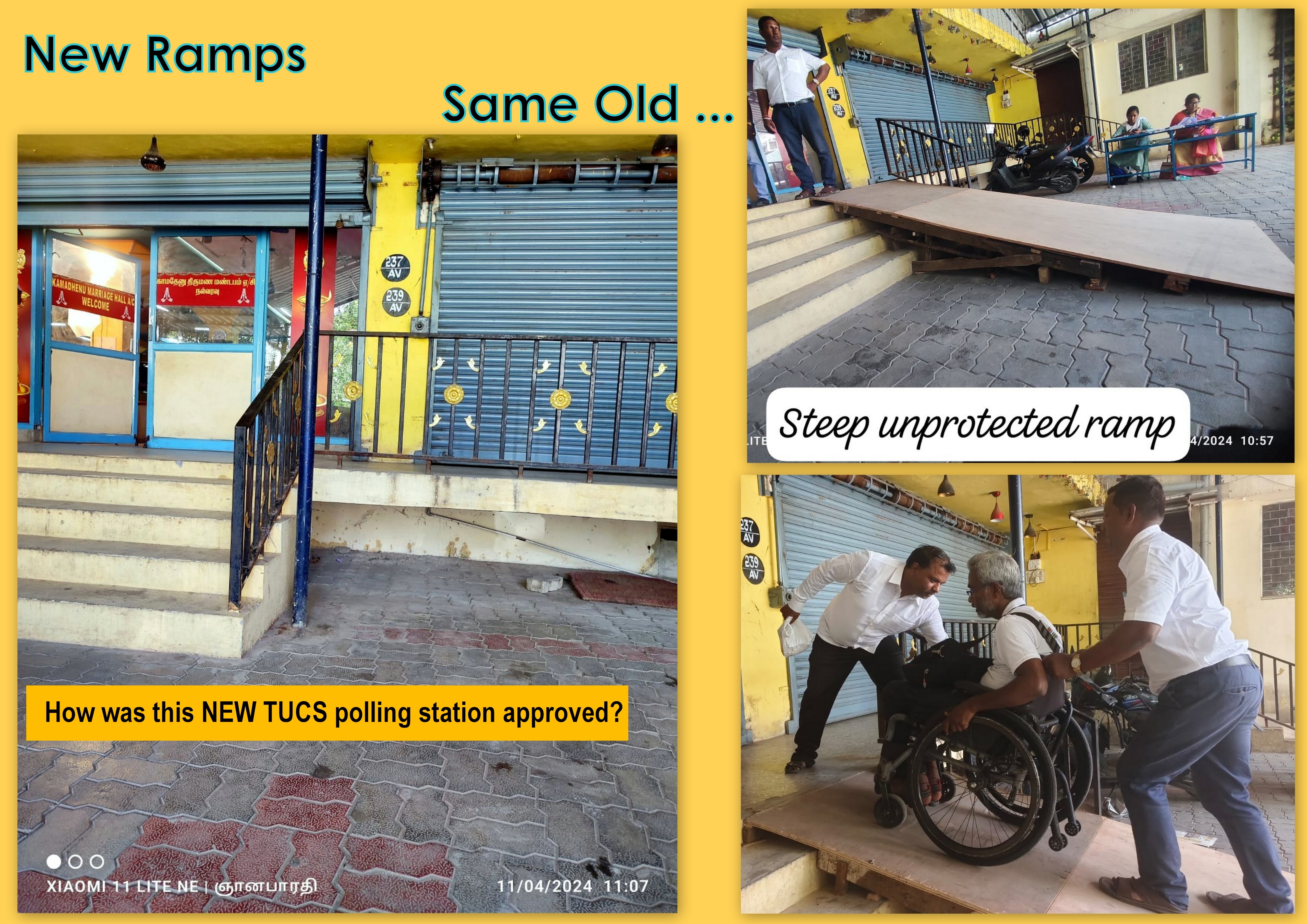
Democracy Denied
In 2024, a record number of voters worldwide will head to the polls, but many disabled individuals still face significant barriers. In India, inaccessible electronic voting machines and polling stations hinder the ability of disabled voters to cast their ballots independently. Despite legal protections and efforts to improve accessibility, systemic issues continue to prevent many from fully participating in the world’s largest democracy. “All across India, the perception of having made a place accessible,” says Vaishnavi Jayakumar of Disability Rights Alliance, “is to put a decent ramp at the entrance and some form of quasi-accessible toilet.”
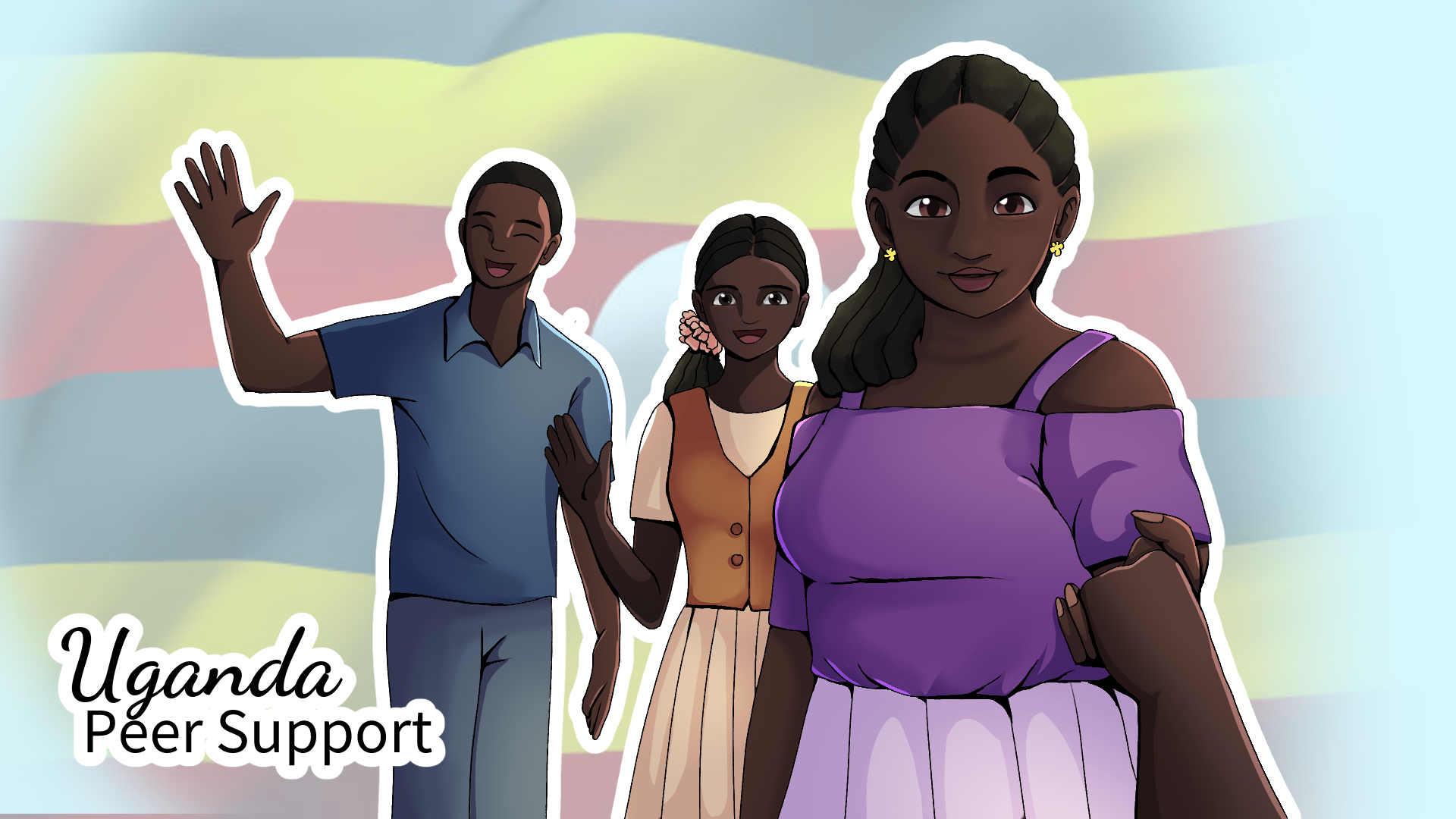
Triumph Over Despair
DJP Fellow Esther Suubi shares her journey of finding purpose in supporting others with psychosocial disabilities. She explores the transformative power of peer support and her evolution to becoming an advocate for mental health. “Whenever I see people back on their feet and thriving, they encourage me to continue supporting others so that I don’t leave anyone behind,” she says. “It is a process that is sometimes challenging, but it also helps me to learn, unlearn, and relearn new ways that I can support someone – and myself.”
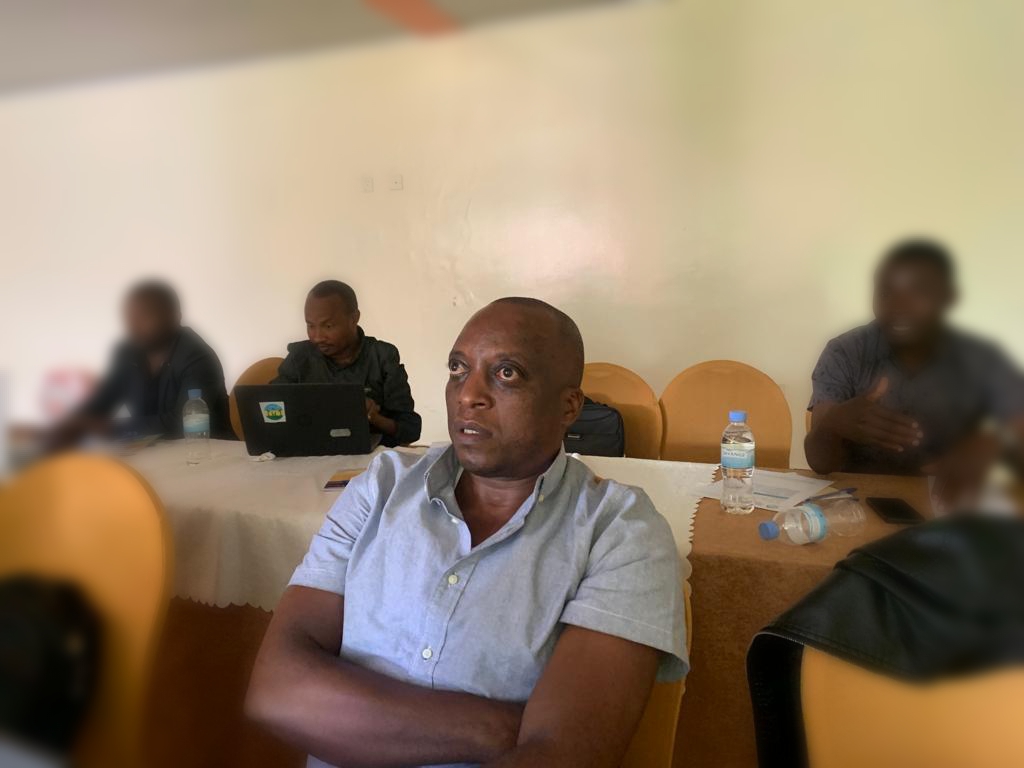
‘Our Vote Matters’
As Rwanda prepares for its presidential elections, voices like Daniel Mushimiyimana’s have a powerful message: every vote counts, including those of citizens with disabilities. Despite legal frameworks like the UN Convention on the Rights of Persons with Disabilities, challenges persist in translating these into practical, accessible voting experiences for over 446,453 Rwandans with disabilities. To cast a vote, blind people need to take a sighted relative to read the ballot. An electoral committee member must be present, violating the blind person’s voting privacy. “We want that to change in these coming elections,” says Mushimiyimana.
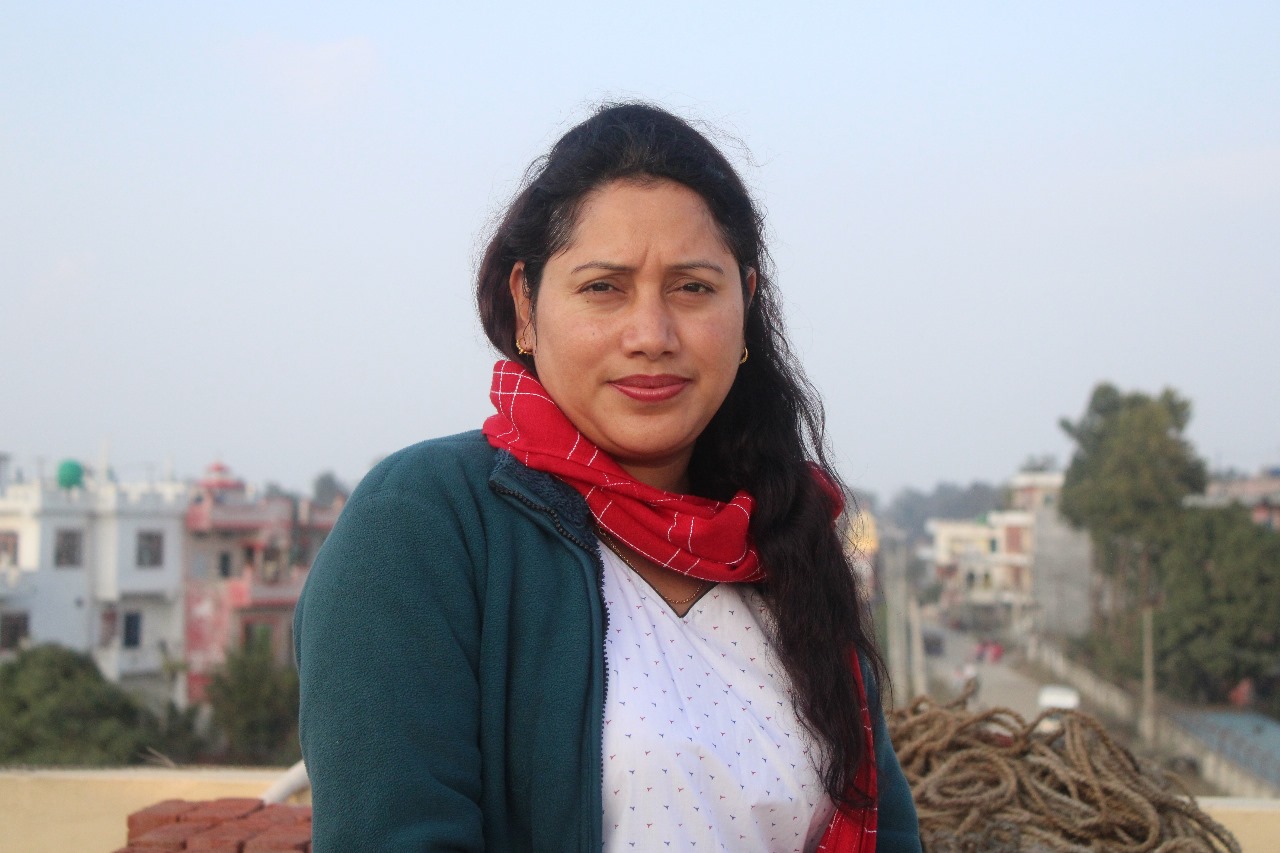
Voices Unsilenced
Often dismissed as a personal concern, mental health is a societal issue, according to Srijana KC, who works as a psychosocial counselor for the Nepali organization KOSHISH. KC’s own history includes a seizure disorder, which resulted in mental health challenges. She faced prejudice in both educational settings and the workplace, which pushed her towards becoming a street vendor to afford her medications. Now with KOSHISH, she coordinates peer support gatherings in different parts of Nepal. “It is crucial to instill hope in society, recognizing that individuals with psychosocial disabilities can significantly contribute,” she says.